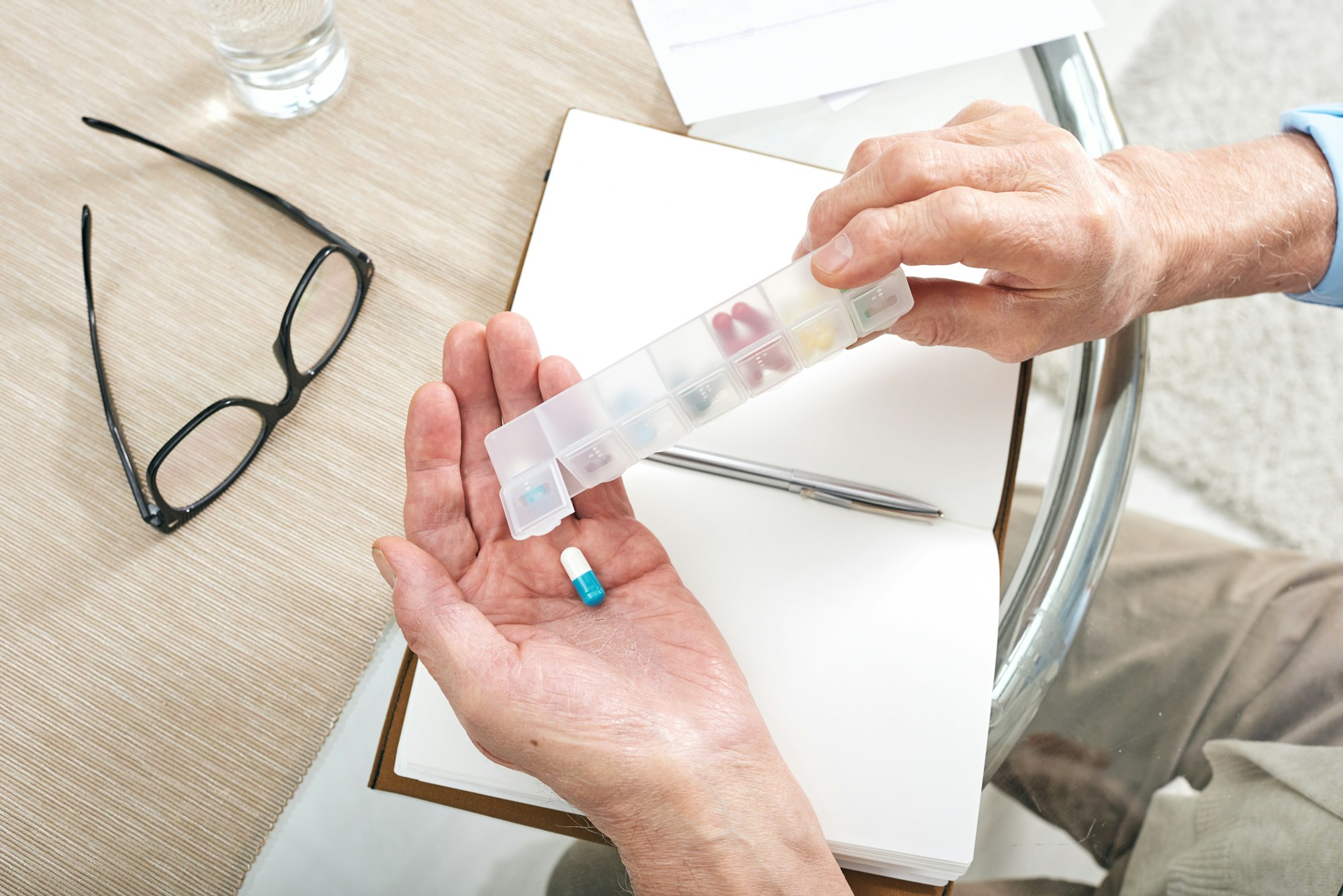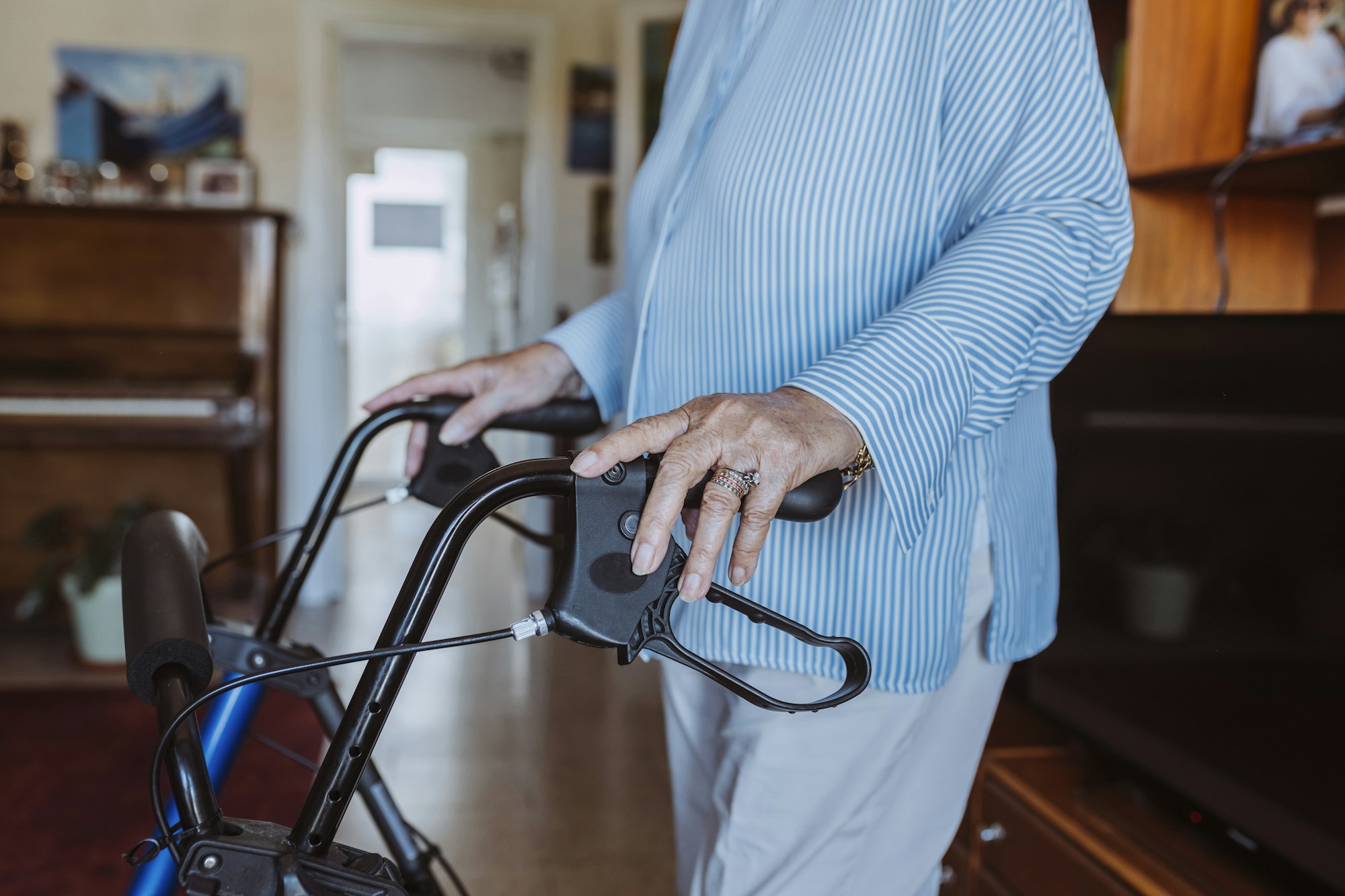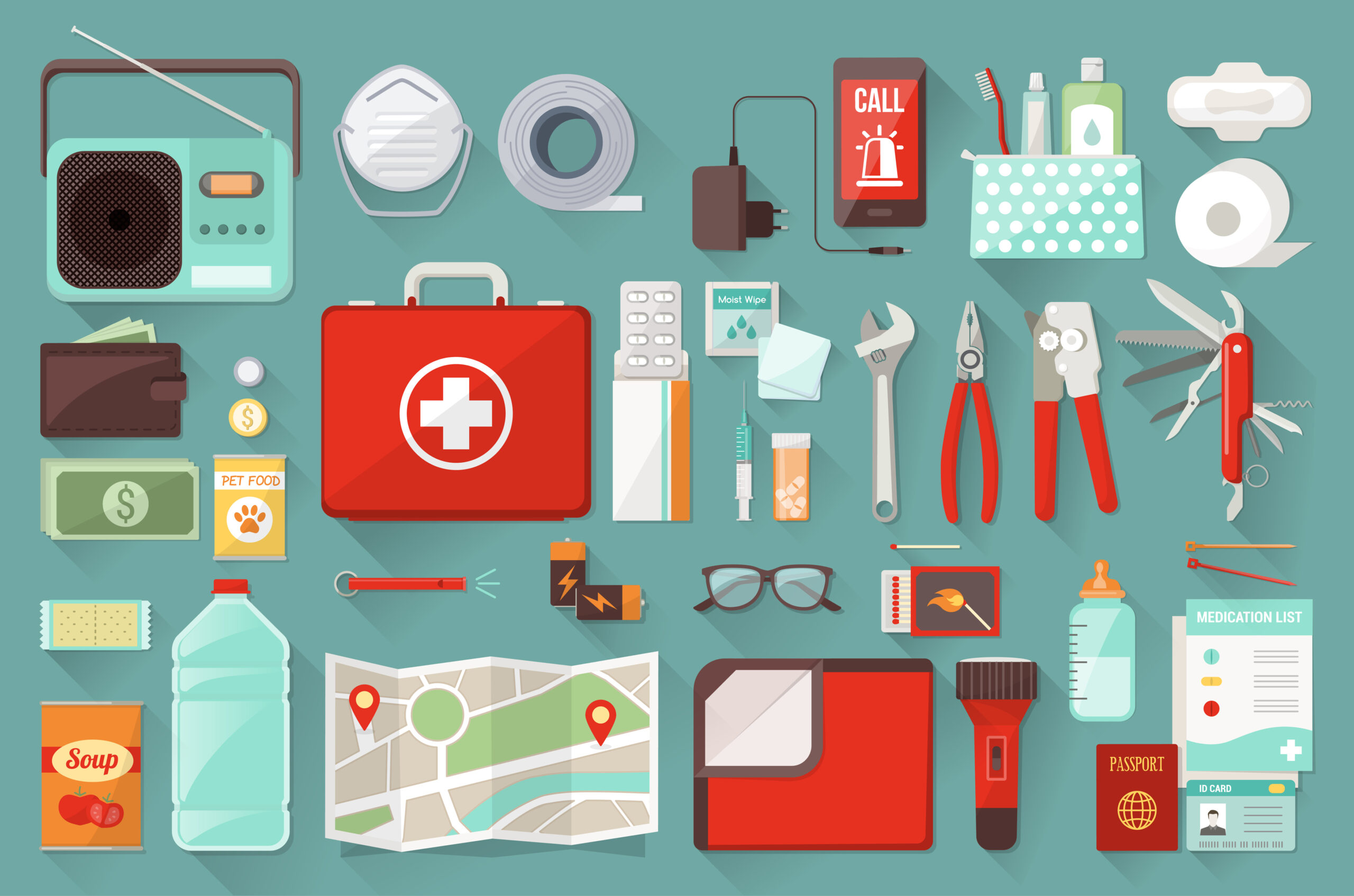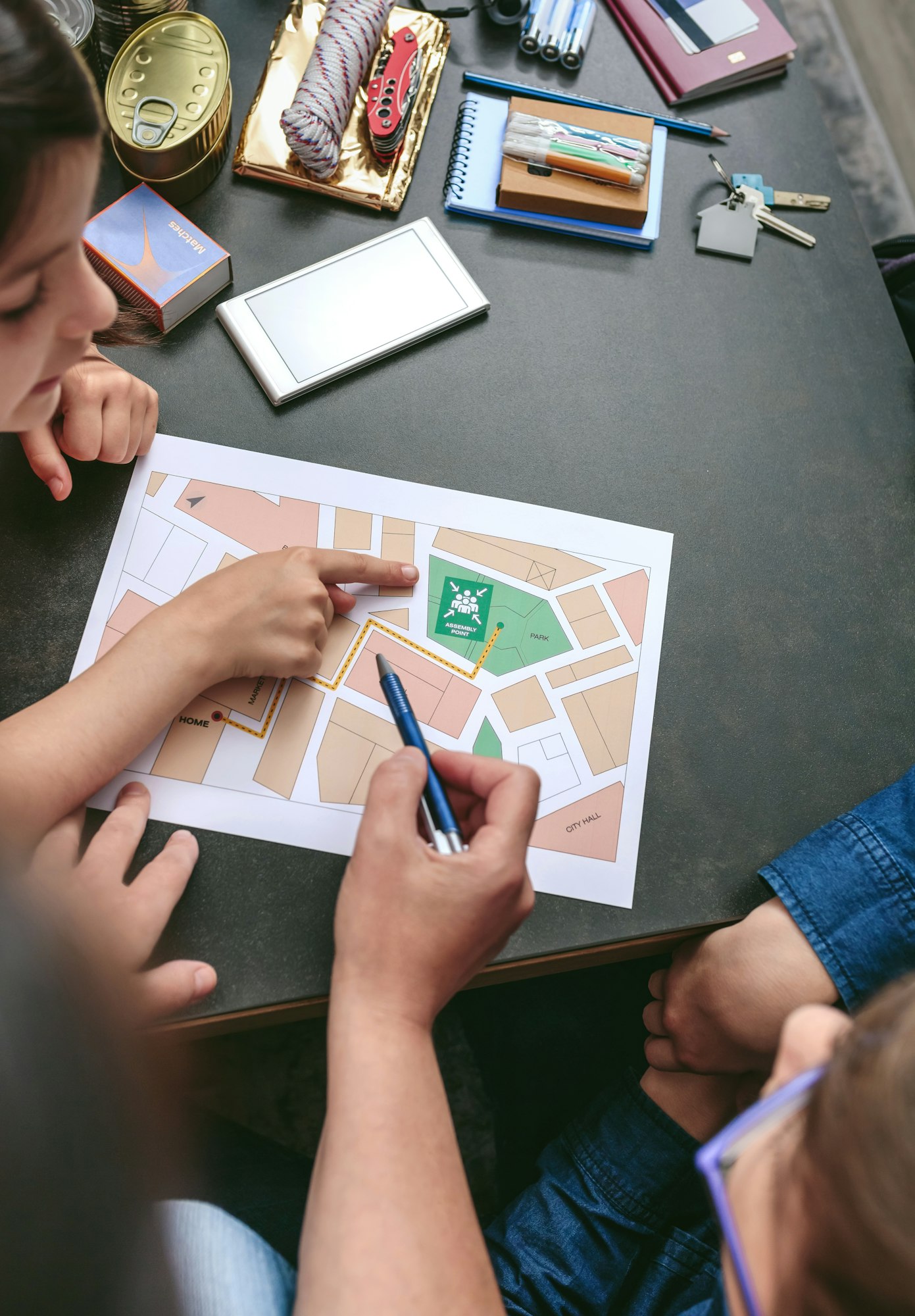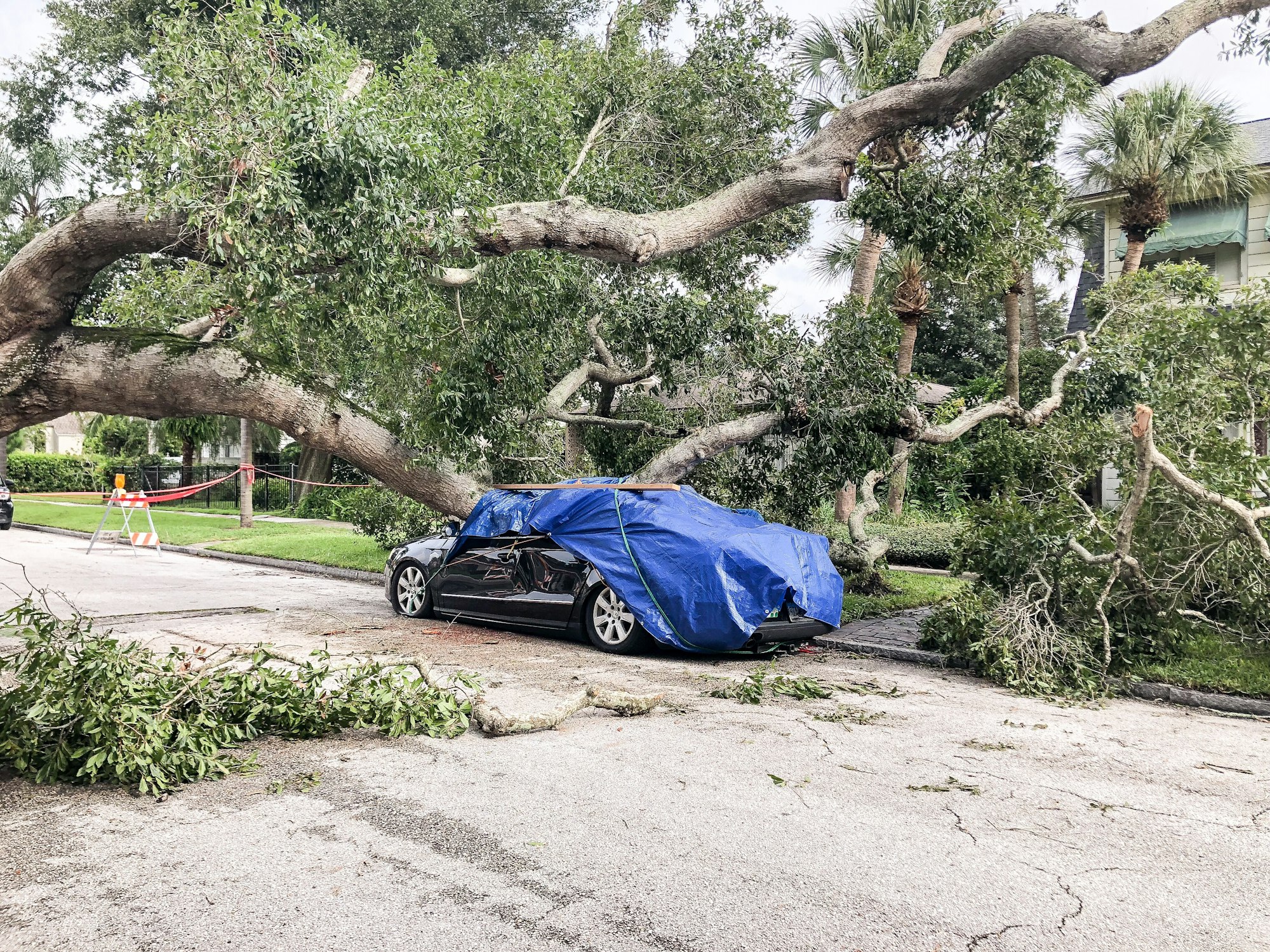Post-Hurricane Recovery
Once the hurricane has passed, the safety measures continue:
1. Inspection
Thoroughly inspect the home for damage and hazards before allowing seniors to return.
2. Clean Water
Ensure access to clean water for drinking, cooking, and personal hygiene.
3. Emotional Support
Seniors may experience emotional distress during and after a hurricane. Offer emotional support and seek professional help if necessary.
In conclusion, hurricane preparedness for seniors demands meticulous planning and attention to detail. By following the steps outlined in this guide, you can significantly enhance the safety and security of your aging loved ones during hurricane season. Stay safe, stay prepared, and protect the ones you love.

